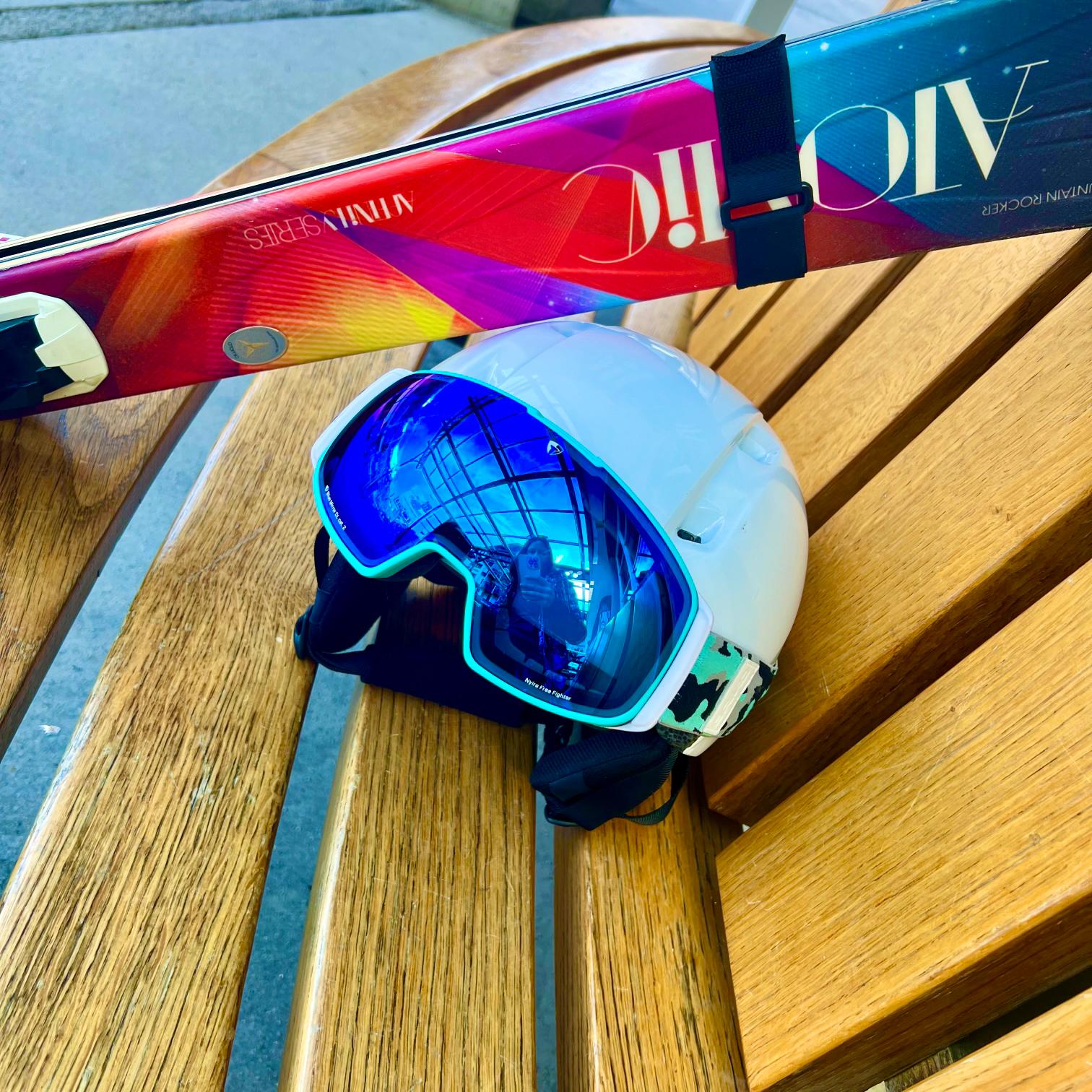Building authority: what if you don’t feel like an expert?

It’s a problem, isn’t it!
We see all this stuff online touting the virtues of selling yourself using your expert credentials. Of building authority and trust through blogging, articles, whitepapers, speaking gigs, guesting on podcasts…
…the list goes on.
But what if you’re just getting started? What if you’re still in training? What if you feel like anything BUT the expert you’re supposed to show up as?
The dangers of ‘Comparisonitis’
Ever heard of comparisonitis? The way we have a tendency to look at everyone else’s lives and businesses and feel like we fall short. The confidence-hit that can make it hard to put ourselves, and our offers, out there.
That feeling of, “Everyone on Instagram knows WAY more than me!”
There’s no getting away from the fact social media can be a daunting place if you don’t put your hard hat on before you enter. Every post you scroll past screams, “look at me, I’m the best”. All those swoon-worthy ‘B-roll’ videos with their glossy, bouncy-haired stars grinning into frame, declaring they’ve found the secret. That magic ingredient to being the best in your industry and making the six figures. And even better they’ll teach you how to do it too. Because they’re the expert.
The coaches, VAs, small business owners, etc. who seem delighted to just ‘jump on stories’ to quickly tell you about something useful. Or the female power business owners who seemingly juggle it all – the children, the spouse, the house, not to mention the deluge of valuable content they manage to churn out every day.
They all know so much more than you, right? So what could you possibly have to say?
You don’t need to know more than EVERYONE…
If you wait until you know more than everyone else to consider yourself an ‘expert’ you’ll never get started. Expertise isn’t about knowing it all. It’s about knowing more than the people you’re serving and being able to share that with people who it’s useful to.
It’s about truly understanding the problems people are facing and being able to help them find a solution.
…you just need to know more than the person you’re talking to
I’ll tell you a story. It’s what got me thinking about the subject of building authority.
I went skiing with my family earlier this year. When I say I went skiing, I mean, I didn’t personally do a lot of skiing – it’s not really for me. But the husband and the boy did. They loved it.
Anyway, I did ski the first couple of days. And during those days it took us a while to work out how to navigate the tickets and logistics to get the bus and the train up to the ski area on the mountain. As with anything, it was complicated the first day, but got a little easier the second day.
Day three, I decided to give myself a (spa) day off. But I agreed to head up and meet them for lunch. While I waited for the train, for which I had skilfully purchased a ticket – turns out everything is easier when you’re not lugging skis around and walking like Mr Soft in ski boots – I spotted a young Japanese couple. They looked confused.
They had been told where to meet their snowboarding instructor, at the top of the mountain, but they had no idea how to get up there. So I asked if they needed any help. Using a combination of pigeon English, wild gestures and a map they’d been given, they told me their issue. And I explained to them how to buy a ticket, which platform they needed, when they should get off and where they should head to for their lesson.
That was all information that I didn’t know two days prior.
But in that moment I did.
And they didn’t.
I’m sure there were other people around, in the ticket office, for example, who were FAR greater experts than me.
And yet my ‘expertise’ was incredibly valuable to them.
Do you see what I’m getting at here?
To share useful information that is genuinely of value to people, you don’t need to know it all, you just need to know more than they do.
Accept that there will always be those who know more than you about a subject, but there will also be people who know less. And they will be grateful to you for your help.
These people are your target audience.
Be honest about what you know and what you can do, and share your knowledge generously.
You’ll soon find there are people out there who want to learn from you, appreciate your honesty and are keen to work with you while you develop even more expertise in your field.
So what do you think? Have you been putting off sharing what you know online, because you don’t consider yourself enough of an expert? Or you haven’t spent enough time building authority?
My advice? Start where you’re at, share what you know and learn everything else going forward.


